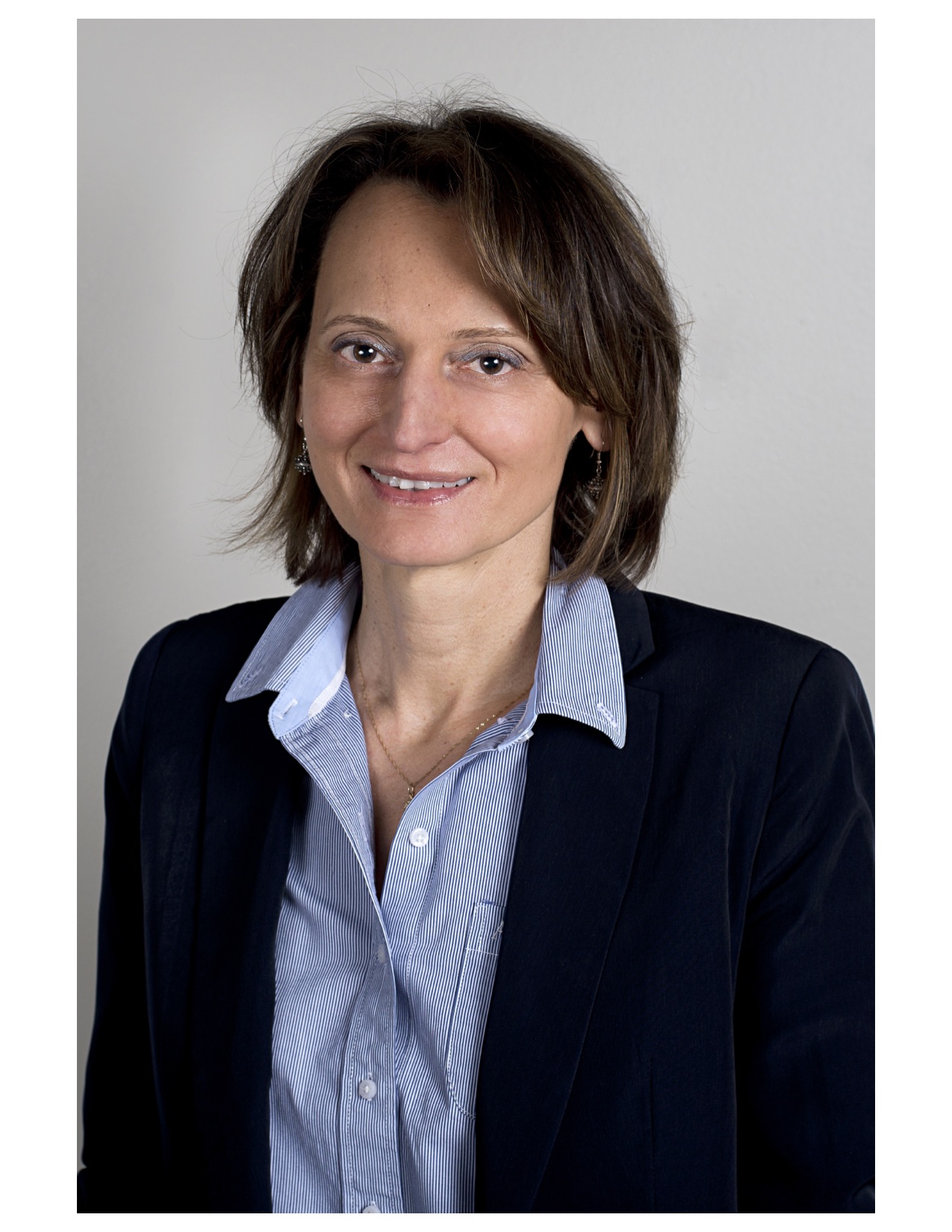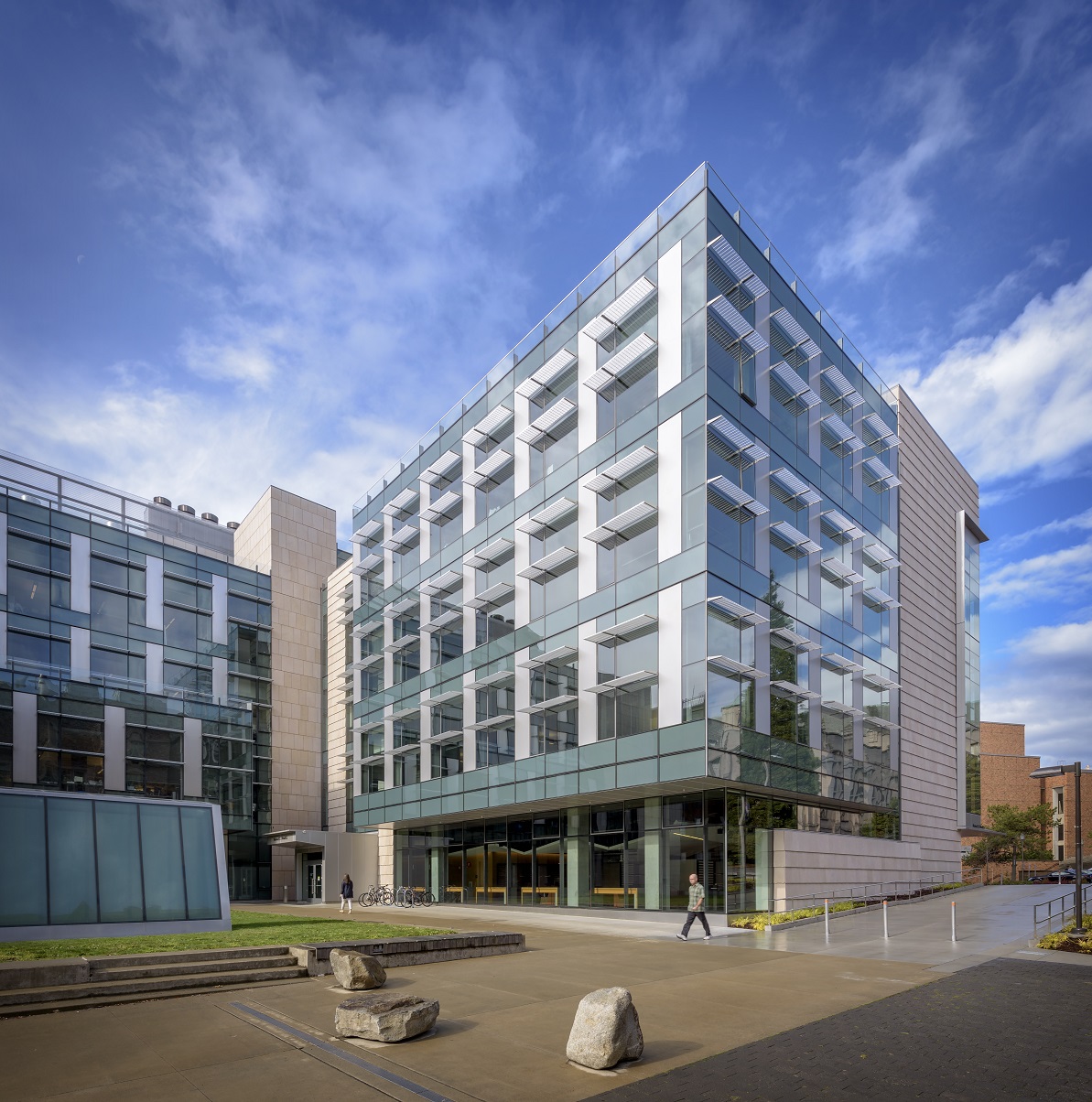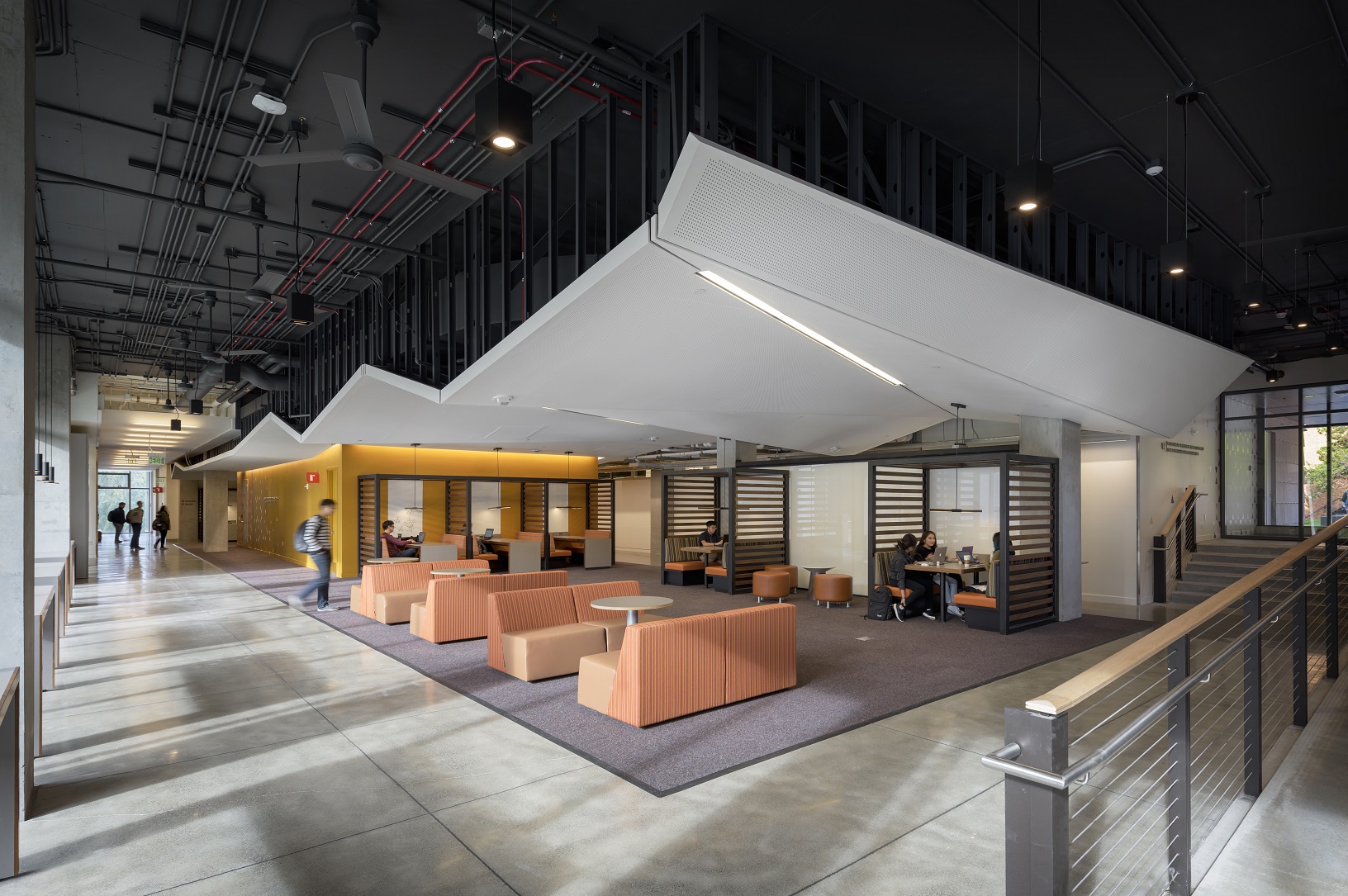Interactions between light and matter lie at the heart of optical communication and information processing. Nanophotonic devices enhance light-matter interactions by confining photons to small mode volumes, enabling devices to operate at significantly lower energies. In the strong coupling regime these interactions are sufficiently large to generate a nonlinear response with a single photon, an essential component for quantum information processing applications. In this talk I will describe our effort to couple spin to light using nanophotonics. I will discuss an experimental demonstration of a quantum transistor, a fundamental building block for quantum computers and quantum networks, using a single electron spin that strongly interact with light through a nanophotonic cavity. This device enables the spin to switch a single photon, and a single photon to flip the spin. I will discuss how the nanophotonic transistor can realize high fidelity all-optical spin readout, as well as a single photon transistor where one control photon can switch many signal photons. Finally, I will describe our recent effort to extend our results into the telecommunication wavelengths, and to integrate multiple devices on a chip to assemble integrated quantum photonic circuits.
Please join the Electrical Engineering Department for the 2017-18 Research Colloquium Series on Tuesday mornings, featuring experts who discuss current issues in the electrical engineering field. Talks are open to both students and the public. Live streaming is available for most talks.


 You’re Invited!
You’re Invited!